I’ve been in the industry for almost two decades and now, more than ever, I feel completely overwhelmed by the absolute bullshit (excuse the French) in beauty. Social media is partly to blame, thanks to the endless stream of ‘tips’ and ‘advice’ fed to us by shiny-faced ‘experts’ – that, and the increasingly muddled interpretation of the ingredients on the sides of beauty products.
So when a handful of cosmetic chemists – who develop those very beauty products – started taking to social media to correct some of the more heinous claims, I was very happy to see them. These brainy beauty buffs, many armed with science degrees, are mostly fueled by a desire to help customers navigate “the overstated claims and underwhelming results that is the skincare-industry cyborg machine,” as one team puts it.
Credentialed, white-lab-coated and honest-to-goodness experts are always welcome around these parts.
Brainy beauty
The sheer amount of misinformation is what drove many of the cosmetic chemists I spoke with onto social media. Because while anyone with a phone and WiFi connection can call themselves an ‘expert’, it’s these scientists, “who work with skincare ingredients and product formulation day in and day out, that know skincare products more intimately than other experts in the field,” says Californian skincare chemist Gloria Lu.
Lu co-founded Chemist Confessions with her former L’Oréal cubicle buddy, Victoria Fu, in 2018, and they now have 157,000 followers on Instagram.
“We can speak to the ingredients that bring skin benefits and clear the air on controversial ingredients that maybe don’t deserve the bad rap they’re getting,” Fu adds.
In fact, both Fu and Lu were planning to leave the industry before they made the decision to start their blog and beauty brand. “We felt that our jobs would always have to answer to marketing when, shouldn’t it be the other way around sometimes?” asks Fu. (Yes, it should be the other way around sometimes.)
Certain ingredients, such as silicones, sulfates, and parabens, have been unfairly demonised
Cosmetic ingredient fear-mongering was the impetus for Lalita Iyer, aka Skinchemy, who notes that “certain ingredients, such as silicones, sulfates, and parabens, have been unfairly demonised, despite being scientifically proven to be safe for use.”
Esther Olu, who posts under The Melanin Chemist, says other factors pushing her colleagues to become public-facing include a desire “to shed light on the niche field of cosmetic science with their behind-the-scenes formulation videos and product reviews, or to provide more nuance to a heavily misunderstood industry.”
These chemists, in turn, have found a public eager to consume the sometimes-nerdy-but-always-fascinating science behind beauty. Australian chemistry PhD and science educator Dr Michelle Wong, who runs Lab Muffin Beauty Science, points to the 2016 launch of The Ordinary brand as a pivotal moment, when the “budget-friendly price points and technical product names really encouraged people to learn about ingredients, and made words like ‘niacinamide’ and ‘retinol’ common knowledge,” she says.
This combination of increased consumer demand for transparency and interest in learning about the science behind the ingredients was new. “It created an opportunity for cosmetic chemists to step forward and share their expertise, bridging the gap between scientific knowledge and consumer needs, [and] contributing to more informed decision-making,” explains Iyer.
But it’s these same conditions, plus the social media algorithm, that led to the rise of beauty misinformation. “Content that’s quick to understand and triggers strong emotions goes viral far more easily,” notes Wong.
I do believe that some brands and products oversell
What’s the state of beauty right now?
I gave each chemist my personal summation of the industry today—beauty products are generally not as toxic, nor do they work as well as social media would have us believe —and Fu was onboard, adding that it’s marketing which “easily inflates skincare performance.” Olu was skeptical because efficacy is subjective, so how does a consumer measure that: is it through increased hydration, or lightened dark spots? “I do believe that some brands and products oversell, or at least try to oversell, the results that a consumer may actually achieve, but I would not go as far to say that they don’t work.”
All, however, are optimistic about the fact consumers are becoming more canny about beauty. “Consumers are interested in scientific research, clinical studies, and expert opinions that substantiate the claims made by brands,” says Iyer. “I do like this shift in consumer behaviour because it can drive positive change within the beauty industry, fostering greater transparency, innovation, and accountability among brands.”
One more thing…
I couldn’t let these women go without asking: what do they really want we beauty consumers to know?
“If you ever come across a scary headline that causes a knee-jerk reaction about ‘X’ ingredient causing cancer, give it a double take. Chances are, the concerns are completely overblown or not taken in the right context (for example, conclusions taken from an oral animal study loosely translating to topical skincare concerns).” — Gloria Lu
“Products labeled ‘clean’ does not necessarily mean they are safer or better for your skin. The term ‘clean’ is not regulated, which means there is no standardised definition or set of criteria that brands must adhere to in order to label their products as such.” — Lalita Iyer
“I feel that misinformation has definitely led consumers to believe there are no regulations or few regulations to protect them, but there is a lot that goes on behind the scenes to ensure your products are safe for use.” — Esther Olu
“Beauty products are overwhelmingly safe. If a piece of content makes you feel scared or shocked, pause before sharing it and take the time to check if the source is reliable.” — Michelle Wong
Main image: Getty Images

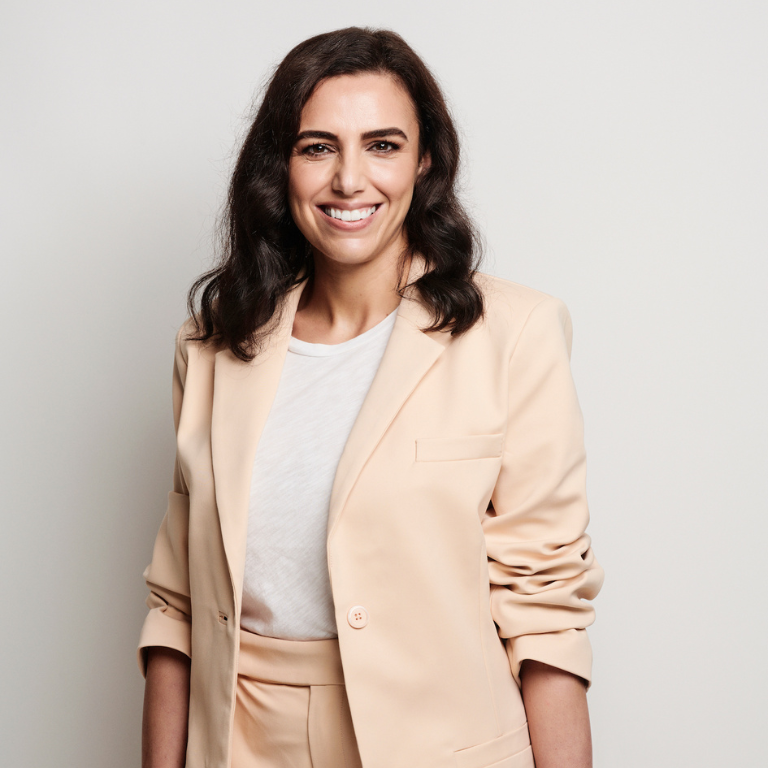
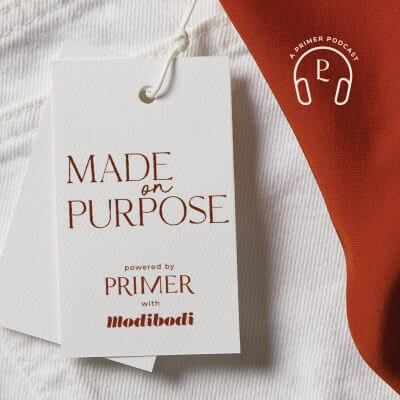

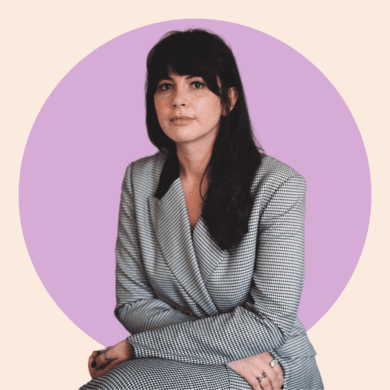
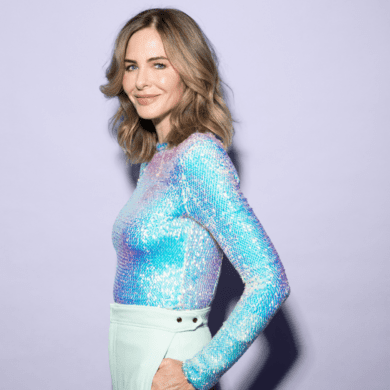

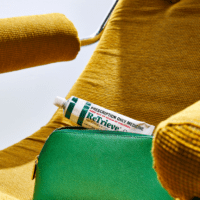
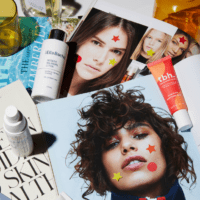
No Comments